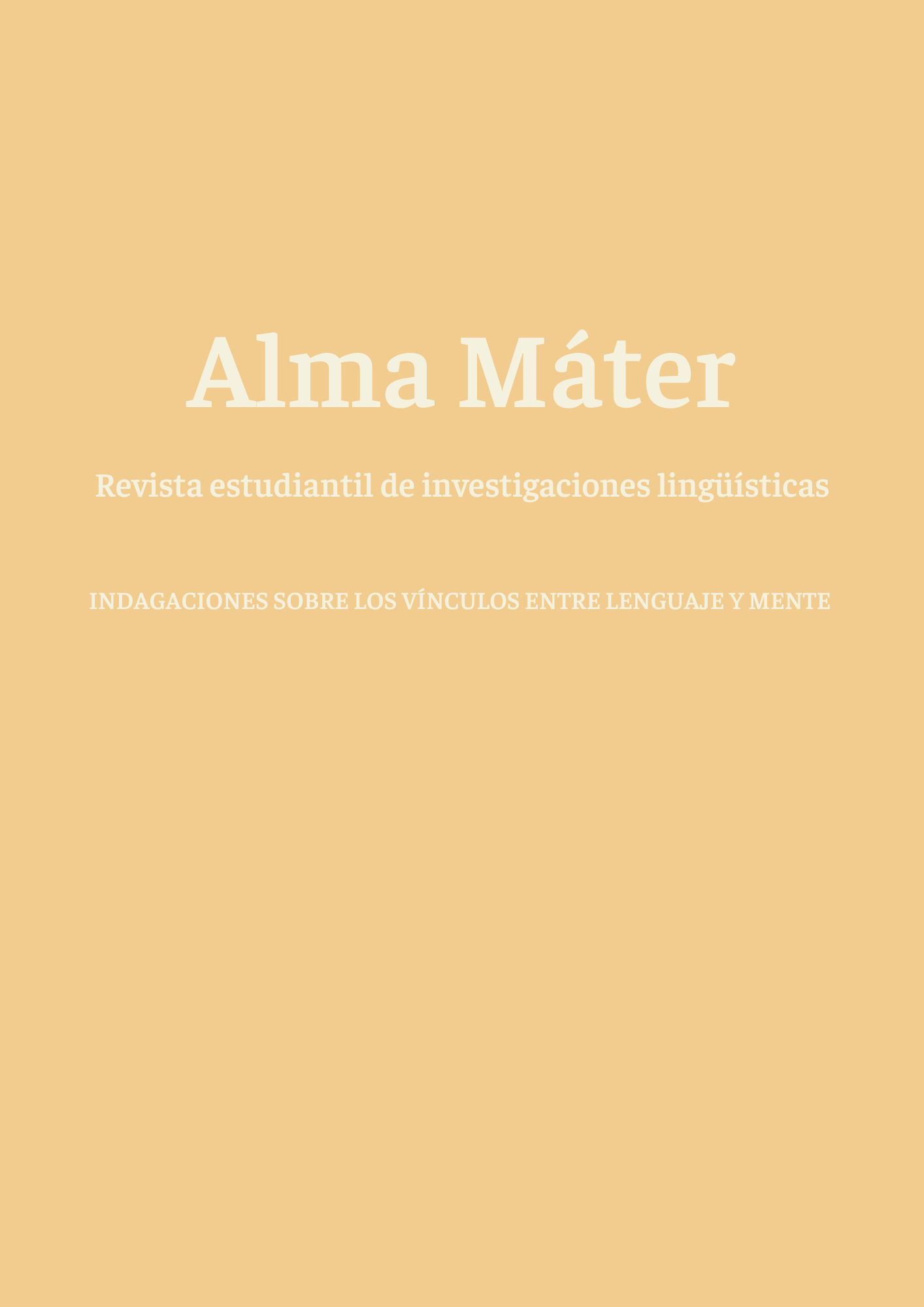Español
Keywords:
políticas lingüísticas, lenguas aborígenes, guaraní, NAPAbstract
The purpose of this article is to reflect on the current linguistic policies held by the Argentinian State, in this sense, these are being reflected in the existing educational curricula through the Core Learning Priorities (NAP, by the Spanish acronym). The objective is to recognize if the linguistic educational policies proposed by the National State generate or could generate improvements on the vulnerability situation faced by different linguistic communities around the country. Specifically, on that way, we also analysed if these policies are being implemented and observed by the hegemonic linguistic community. With this objective in mind we will analyse the particular guaraní linguistic community in Corrientes’s particular case. We will do this using the data about the case, provided by Zamborain, Bengochea y Sartori (2010). Also, we will also provide a historical overview about the different legislations on the topic, and we will revise the NAP proposed by the Ministry of National Education comparing it with the current NAP in Corrientes. The hypothesis we hold is that these linguistic policies are ambiguous, so the limits of their application are unclear, which means that both the policies themselves and the application of them are inefficient.
Downloads
Published
Issue
Section
License
Copyright (c) 2022 Valentina Sastre, Catalina De Carlini, Sofia Aimar

This work is licensed under a Creative Commons Attribution-NonCommercial 4.0 International License.
Los textos están protegidos por una Licencia Creative Commons Atribución/Reconocimiento-NoComercial 4.0 Licencia Pública Internacional — CC BY-NC 4.0. Dicha licencia autoriza a a terceros utilizar lo publicado, siempre que se otorgue el adecuado reconocimiento; se mencione la autoría del trabajo y la publicación en la revista Alma Máter y no se haga uso del material con propósitos comerciales.






